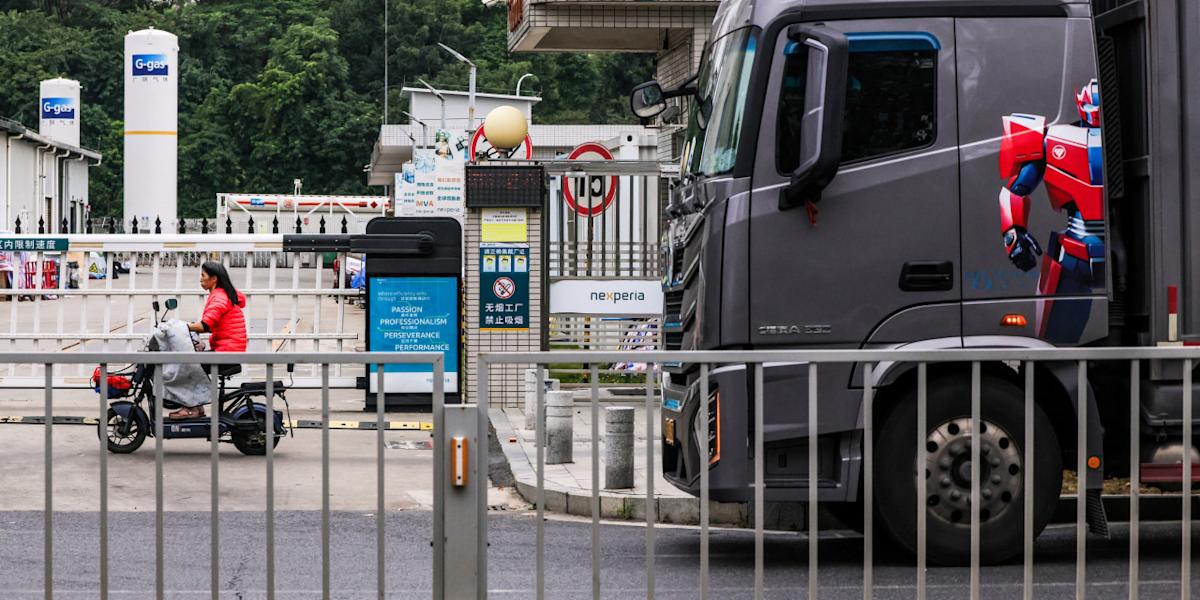Netherlands Hands Back Control of Chip Maker Nexperia to Chinese Owner
The Dutch government handed back control of semiconductor manufacturer Nexperia to its Chinese owner, moving toward resolving a spat that had blocked vital chip supply to the auto industry.
Dutch Economic Affairs Minister Vincent Karremans said Wednesday that the decision had been made in consultation with the Netherlands’ European and international partners and followed recent meetings with Chinese authorities.
“We see this as a show of goodwill,” Karremans said. “We will continue to engage in constructive dialogue with the Chinese authorities in the period ahead.”
The decision overturns the seizure of Nexperia by Karremans’s ministry from its Chinese owner, Wingtech Technology, late in September. That move came under pressure from U.S. authorities, who had warned the Dutch government that the chip maker would be put on a trade blacklist unless its Chinese ownership was ousted.
Beijing in response moved to halt exports of Nexperia chips, raising concerns in the auto industry about a potentially damaging shortage. Nexperia commands an important share of the market for basic chips used in many components of modern auto manufacturing. Japan’s Honda became the first major player to highlight the chip dispute as a problem, cutting production at a plant in Canada last month in a development that underscored the global nature of the supply crunch.
A subsequent meeting between President Trump and his Chinese counterpart, Xi Jinping, helped calm the dispute, and Nexperia chips began leaving China again earlier this month, soothing jitters in the auto industry.
“We are positive about the measures already taken by the Chinese authorities to ensure the supply of chips to Europe and the rest of the world,” Karremans said.
Karremans previously said the government had acted because of evidence that Nexperia’s chief executive was moving to shift production capacity, financial resources and intellectual property to China. Separately, a Dutch court suspended Nexperia’s CEO and placed most of the company’s shares under external management.
The ministry’s suspension of its powers over the company doesn’t affect that court decision. The ministry said it didn’t make nor is responsible for those decisions.



Leave a Comment
Your email address will not be published. Required fields are marked *